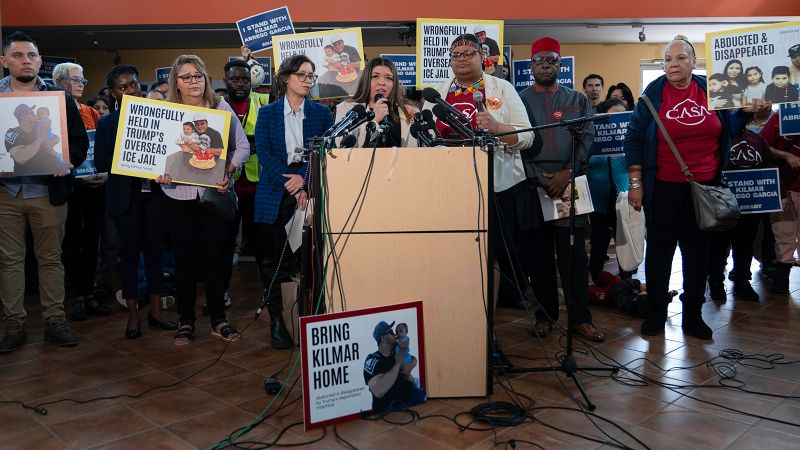The Trump administration has asserted its independence from working with El Salvador officials to repatriate a man mistakenly deported there, despite a federal judge’s order to facilitate his return to the US. This stance could lead to a legal clash over the judiciary’s authority in immigration matters involving foreign governments. The Justice Department argued that the courts lack the power to dictate the Executive Branch’s foreign relations conduct. The administration’s interpretation of “facilitate” focuses on removing domestic barriers to the man’s return, emphasizing their duty to enable his re-entry to the US.
The Supreme Court supported the judge’s directive but did not set a deadline for the man’s return, citing the need for clarity and respect for the Executive Branch’s role in foreign affairs. Additionally, the government claimed the man is no longer eligible for withholding of removal due to alleged gang affiliation, potentially fast-tracking his deportation upon return. Despite being granted protected status in 2019, the man faces deportation if brought back to the US, as confirmed by an ICE official’s statement.
The administration’s updates on the man’s situation in El Salvador, including his placement in a terrorism confinement center, underscore the complex legal and diplomatic challenges surrounding his case. The ongoing legal developments highlight the intricate interplay between immigration policies, judicial oversight, and international relations in resolving such intricate cross-border scenarios.

